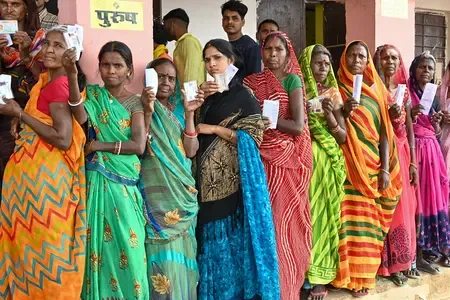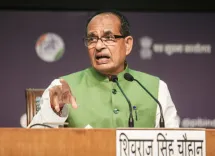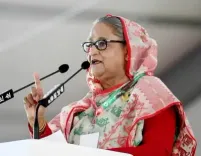Does the Waqf Act Focus on the Welfare of the Poor and Underprivileged?

Synopsis
Key Takeaways
- The Waqf Act aims to empower marginalized communities
- Focus on effective utilization of Waqf properties
- Inclusive representation and transparent administration are emphasized
- Expedited dispute resolution through District Collectors
- Commitment to the rights of Muslim women and backward sections
Bhubaneswar, May 8 (NationPress) The Chief Minister of Odisha, Mohan Charan Majhi, proclaimed on Thursday that the newly enacted Waqf Act is dedicated to enhancing the welfare of the underprivileged, poor, and minority communities.
This announcement was made during a consultation meeting with various religious community representatives at Lok Seva Bhawan, which was convened to discuss the Waqf Amendment Act 2025.
The event was organized by the Department of Scheduled Castes, Scheduled Tribes, Minorities, and Backward Classes Welfare.
In an official statement from the Chief Minister's Office, CM Majhi emphasized, "Our administration is both sensitive and focused on the people. I welcome your suggestions regarding the Act, and I encourage you to provide them in writing. We will strive to address your concerns."
Reiterating Prime Minister Narendra Modi's philosophy of “Sabka Saath, Sabka Vishwas”, Majhi stated it as the core principle behind the amendment.
He urged unity among all castes and religions by saying, “We are all Odias, irrespective of our caste or religion. Let us collaborate for a flourishing Odisha.”
The gathering attracted approximately 250 representatives from diverse communities across ten districts in Odisha.
The main objective was to promote awareness regarding the new Waqf law and to highlight the government’s commitment to empowering minorities.
Addressing misconceptions regarding the Act, the Chief Minister described the 2025 Amendment as “just and purposeful.”
He pointed out that prior to its enactment, a Joint Parliamentary Committee consulted with 284 stakeholders from various religious and social institutions, along with five minority commissions. The Act underwent extensive discussion and was approved in both Houses of Parliament.
“According to the Waqf law, properties designated under it must exclusively serve public welfare and cannot be exploited for individual benefit. Unfortunately, these assets have often been mismanaged, leaving many communities socially and economically disadvantaged for years,” added CM Majhi.
The amendment is aimed at ensuring improved governance and appropriate utilization of Waqf properties, with a focus on safeguarding the rights of Muslim women and marginalized groups.
“Prime Minister Modi has consistently advocated for justice and equity for Muslim women,” Majhi remarked.
The revised legislation introduces inclusive representation, transparent management, and a defined appeal process, allowing individuals to approach the High Court within 90 days.
District Collectors are empowered to resolve property disputes, facilitating faster justice for all involved. The meeting concluded with a call for united efforts in implementing the new law for the benefit of marginalized communities.









